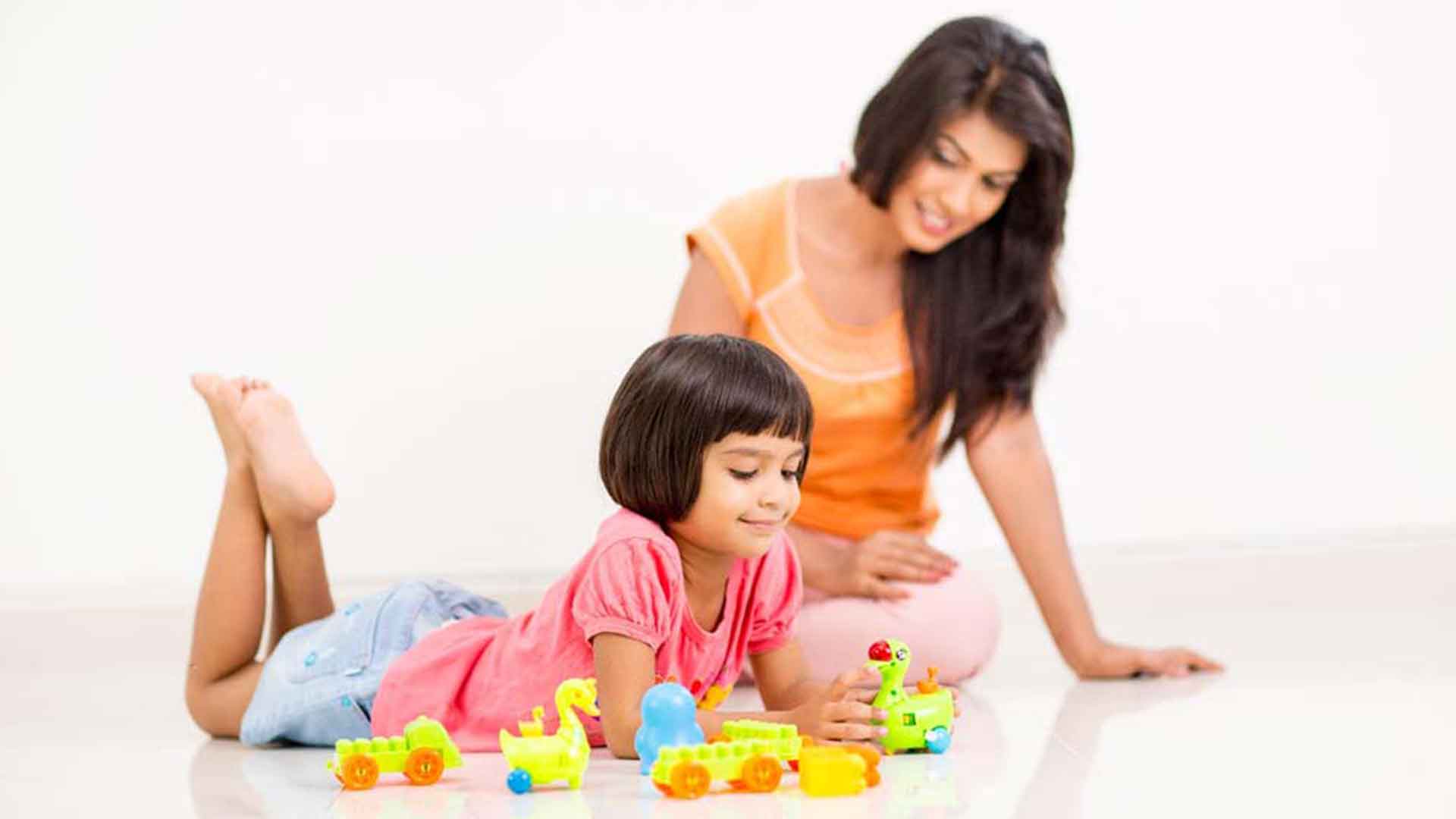























Say YES to play!

Nimali Buthpitiya

Concept of play was never so important to discuss with parents many years ago, since it was naturally a part of the daily life of a child. However the years have gone by and now it has become one of the most important areas which we talk about concerning children’s growth and development.
A great deal of research has proved that play based learning is extremely influential for a child’s learning and development. How does a child develop his or her learning through play? Or how does a child who engages in play also learn at the same time?
Young children have an instinct to learn about the environment they live in. But it does not take place the way we do as adults when we need to learn something. They learn well when they are occupied, mentally active and engaged with the environment and people around them. The concept of play is capable of keeping a child occupied, mentally active and socially and environmentally connected to the world they live in while bridging their lives with meaningful experiences during play time which help them understand , memorize and build up knowledge which books or screen may always not be able to offer. Therefore play actively involves a child in exercising his or her brain sharpening intellectual capabilities of the child including the other aspects such as social, emotional and physical capabilities. This is exactly what we explain as play based learning.
Apart from brain development what are the other benefits of play?
- It promotes physical health.
- It is naturally a stress reliever and provides a way out for certain anxieties and fears children have.
- It provides children the opportunity to practice their newly gained skills and fine tune them.
- Play promotes creative thinking and problem solving skills through trial and error.
- Play supports the development of self-control through the social connections and knowledge they gain about the world around them.
- Play helps develop self –confidence and self-esteem in children as they learn new skills and become capable of doing tasks for themselves.
What is our contribution as parents to enable children learn through play?
What we believe and know about the importance of being active is directly connected with our children about how they spend their daily routine. Therefore with a busy lifestyle, we still need to make effort to maintain an active lifestyle, so that we are able to role model the importance of being active in daily life for our children. As they begin to watch and grow in their active lives, encourage them with supportive words and facilitate them with necessary play materials and space to be active. It is not necessary for you to be involved in their play at all times, but being present when they play makes them feel what they are doing during play times is important. Supervision is a necessity at all times to ensure their safety.
Family environment is a crucial factor when it comes to make your children learn through play. Your attitude towards a child who engages in play, your supportive words and the non-threatening environment encourages a child to freely explore the world around them and learn new things which help them for later learning. Always remember, children learn best when they have a meaningful connection with what they are trying to learn.
“Play is often talked about as if were a relief from serious learning. But for children play is serious learning. Play is really the work of childhood”
- Fred Rogers
Points to remember…
- Role model an active lifestyle
- Allowing your child time and space that is necessary to engage in play activities
- Providing age appropriate play materials to keep them graduating to next level in their skills
- Be supportive when they try to explore new things during play time
- Always supervise and be around them expressing your interest on their play activities
- Be involved at times when they need you in their play activity
- Answer their questions during play – they are great opportunities to impart what you know
- Allow them to learn through trial and error whenever it is safe
- Allow your child to play along with other children in the same age
Share With:
Recommended Articles


Dinusha Manjarie Wickremesekera
Chores and Responsibilities: Helping around the House
As adults we are called upon to independently take care of ourselves and also to run a home, have a family and hold a job along with the maintaining relationshi...
Read More

Nimali Buthpitiya
Know and Help Develop Your Fascinating Three-Year-Old
At the age of 3, your bundle of joy is growing up fast and can barely sit still for even a minute! Every day is a chance for a new adventure, and he/she never r...
Read More

Nimali Buthpitiya
Helping your child develop social connections again
Pandemic has finally permitted to transition into our new normal lives again. Though the future is uncertain we are taking gradual steps each day to begin t...
Read More